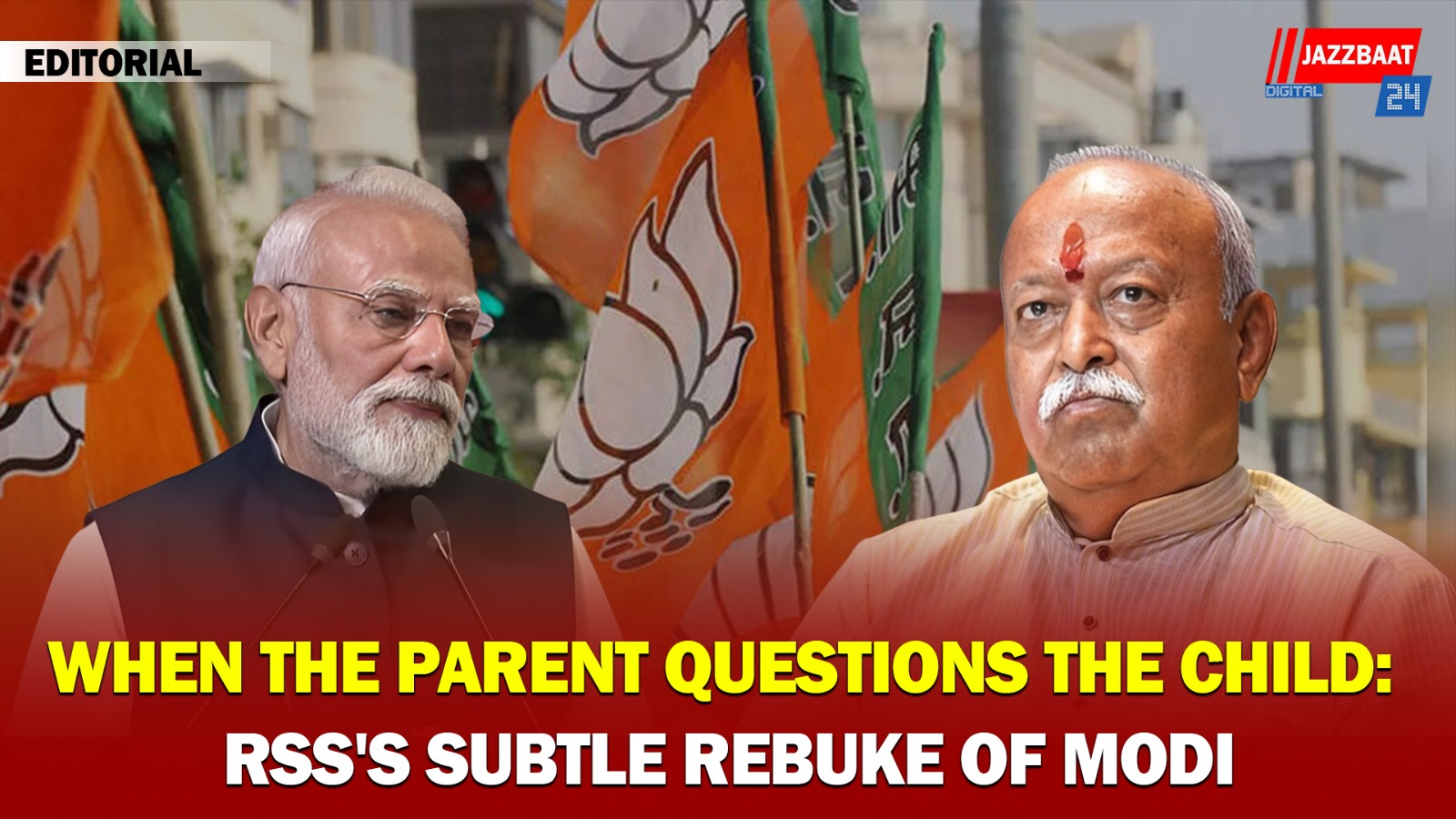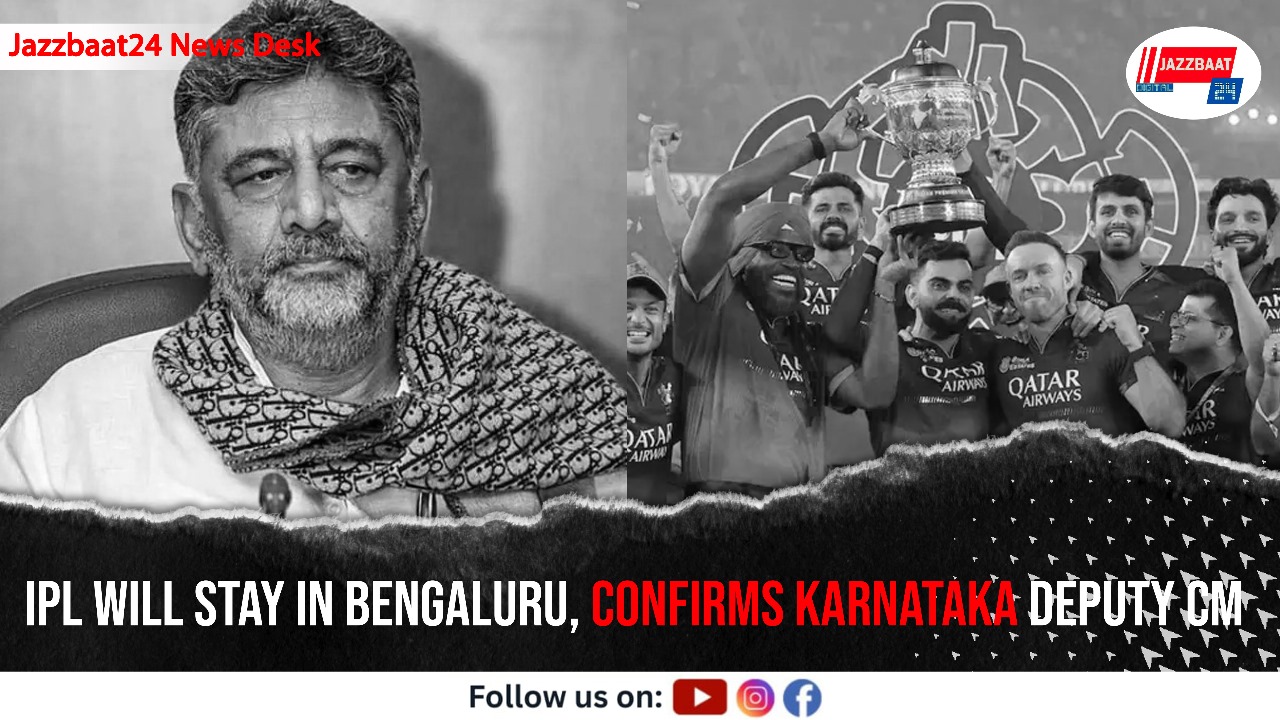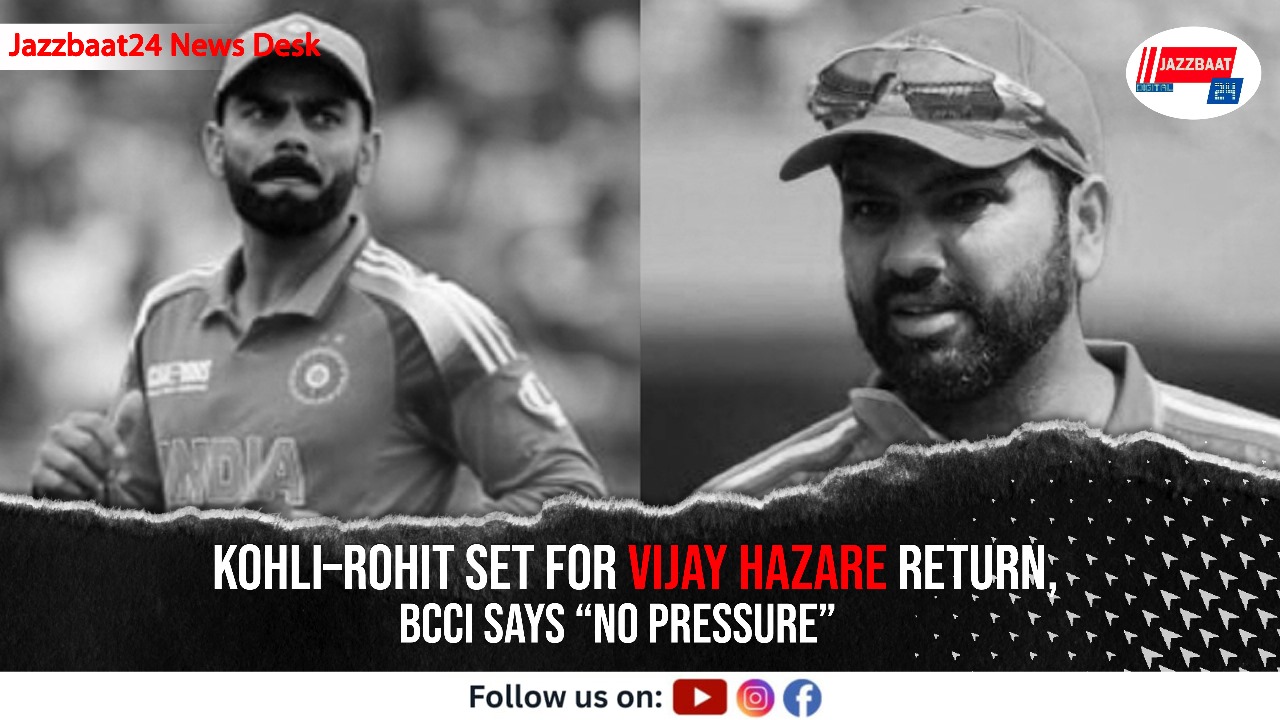There's something deeply significant when a mentor starts questioning a protege's methods. In Indian politics, few relationships matter more than the one between the RSS and the BJP. So when RSS chief Mohan Bhagwat uses his Vijaya Dashami address to essentially critique the Modi government without naming it directly, we need to pay attention.
Bhagwat's speech wasn't just another annual address. It was a carefully worded message of discontent, wrapped in the language of philosophy and national vision. When he said "India should give the world a new model," he wasn't making abstract observations. He was expressing dissatisfaction with what we might call the Modi model, a decade of governance that has prioritised optics over substance, consolidation over consultation, and personal branding over collective wisdom.
The issues Bhagwat chose to highlight read like a checklist of the Modi government's failures. The growing gap between the rich and the poor? That's crony capitalism, plain and simple. Environmental destruction in the Himalayas? That's reckless development projects pushed through without proper consideration. The need to learn from Gandhi's simplicity? That's a not-so-subtle dig at the government's love for grand ceremonies and monumental spending. His disapproval of hooliganism and violence? We all know what that refers to.
What makes this moment particularly striking is the shift in power dynamics. Remember when Modi seemed untouchable, when the BJP declared it didn't need the RSS anymore, when one man's vision was supposed to be enough for a nation of 1.4 billion? That arrogance has been humbled. The 2024 election results stripped away the illusion of invincibility. Modi lost his majority in the Lok Sabha and suddenly had to play nice with coalition partners. The "ek akela sab pe bhaari" tune got quietly retired.
Now we see Modi writing birthday tributes to Bhagwat, releasing stamps and coins for the RSS centenary, and inventing a fictitious role for the organisation in the freedom struggle. It's almost embarrassing to watch. The historical record is clear the RSS stayed away from the independence movement, opposed the Tricolour and the Constitution. Yet here's the Prime Minister of India trying to rewrite history to legitimise his ideological masters.
Bhagwat, to his credit, hasn't been fooled by the flattery. He didn't reciprocate with any special celebration for Modi's 75th birthday. Instead, he used his platform to deliver home truths that this government desperately needs to hear but probably won't accept.
The RSS chief's emphasis on character-building is particularly telling. After a hundred years, the organisation should have produced individuals who inspire the world. Instead, almost every major intellectual figure in modern India, from Gandhi and Nehru to contemporary thinkers like Amartya Sen and Raghuram Rajan, has found the RSS philosophy deeply problematic. That should prompt some serious introspection.
And what of the "character" we see in RSS-influenced BJP governments today? Toxic rhetoric against minorities, bulldozer justice, manipulation of democratic processes, central agencies weaponised against opponents, fake babas with disturbing allegations finding shelter in the Sangh ecosystem. These are the fruits of that character-building. When Bhagwat speaks of peace and harmony while BJP chief ministers spew venom against Muslims, the hypocrisy is almost comical if it weren't so dangerous.
The real question now is whether this RSS critique will yield any results. Will Bhagwat's words translate into actual pressure on Modi to change course? Or will this remain just another speech, forgotten in a few weeks while the government continues on its current trajectory?
One suspects the RSS is hedging its bets. They've seen Modi's vulnerabilities exposed. They've watched his global stature diminish. They recognise that the grand narratives Vishwaguru, unprecedented development, strongest leader ring increasingly hollow when reality contradicts them at every turn. But they're not ready to break with him entirely. Not yet.
Still, this moment matters. When even your ideological parent starts questioning your methods, when your most reliable cheerleader starts pointing out your failures, it signals a fundamental shift. The question is whether Modi has the wisdom to listen, or whether his ego will prevent him from hearing what even his admirers are trying to tell him.
The answer to that question might well determine the future of both the BJP and the RSS and, by extension, the direction of Indian politics itself.


fullimage.jpg)



